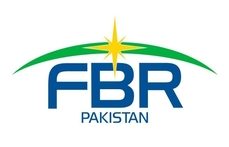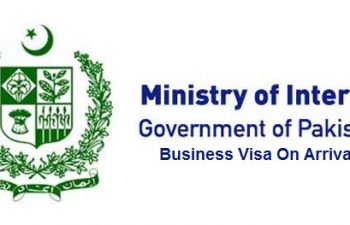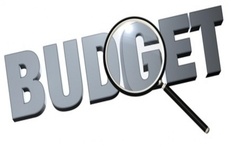Pakistan’s Economic Outlook 2023-24
Pakistan’s economic crisis deepens on average every 2 & ½ years due to a recurring balance of payment crisis, persistent energy crisis leading to mounting circular debt, skyrocketing to the Rs4 trillion Mark, unsustainable trade deficit, stagnation in exports, exchange rate pressures, low reserve cover, alarming low tax revenues & elevated high public debt. Pakistan has been facing the “boom-bust cycle” despite opting for 23 bailout packages from the IMF program, the economy is not out of the woods yet.
According to the National Accounts Committee, Pakistan’s provisional Real GDP figures stand at 0.29% against a full-year target of 5.01% & last year’s revised real GDP figures of 6.10% in 2021-22. The endogenous and exogenous multiple shocks have not only deteriorated Real GDP growth but also skyrocketed the cost of doing business due to the massive Rupee devaluation, the surge in Policy Rate, Energy tariff and taxation effects have led to the extended period of stagflation. This resulted in a loss of a whopping $34 billion in 2022-23 at the cost of economic growth, despite the population’s annual growth rate of 2.55% according to the PBS Digital Census 2023. This leads to the effective growth rate of negative at 2.26% for 2022-23. This 0.29% figure could further slide to negative due to double-digit LSM contraction as the full-year figure comes. Pakistan’s economic growth is viewed as one of the weakest economies in the South Asian region.
The country’s reliance on “Borrowed Growth” has failed to address underlying structural issues, recurring balance of payment crises or stimulate national savings. To achieve sustainable economic growth and revival in exports, it is imperative to reverse monetary tightening measures and offer competitive electricity and gas tariffs to domestic industries.
The Middle East and North Africa (MENA) region has the potential to expedite trade and enhance exports, opening avenues for economic integration into new markets and emphasizing the importance of value addition, research and development, trade acceleration, and fostering regional integration to enhance productivity and product quality. Additionally, Pakistan must diversify its export portfolio by prioritizing traditional products such as textiles, leather, and rice, and focusing more on agro-food products, IT, seafood, fruits, meat, and oil seeds.
A clearly outlined Economic Roadmap is essential for addressing the significant challenges facing Pakistan’s economy, both internally and externally, while also safeguarding the longevity of the IMF-SBA program and effectively executing the agreed-upon reforms. We are optimistic about Pakistan’s future economic outlook, growth is projected to remain at a moderate rate, typically ranging between 2.5 to 3.0% for 2023-24. The IMF expects real GDP growth to remain at 2.5% for 2023-24.
KCCI The Pulse Archive >>TODAY’S TOP NEWS
Don’t need more policy prescriptions, says Finance Minister Aurangzeb
Finance Minister Muhammad Aurangzeb said on Monday that Pakistan doesn’t need too many policy prescriptions, it just needs to implement those policies. Speaking at the Atlantic Council think tank on his first working day in Washington,[…]
Continue reading
Global lender recommends tax policy reforms
The International Monetary Fund (IMF) has recommended short-term and long-term tax policy reforms and excise duty on non-essential/luxury items including cigarettes to raise revenue and improve public health. The global[…]
Continue reading
Bank Alfalah Ltd to buy Samba
Bank Alfalah Ltd (BAFL) on Monday announced its intention to acquire a majority stake in Samba Bank Ltd. The BAFL shared this information through a notice to the Pakistan Stock Exchange (PSX). “We would like to inform[…]
Continue reading
Govt increases petrol price by Rs4.53, takes it to Rs293.94 per litre
The federal government on Monday increased the price of petrol by Rs4.53, taking the rate to Rs293.94 per litre. The price of high-speed diesel (HSD) has been raised by Rs8.14 per litre to Rs290.38.[…]









